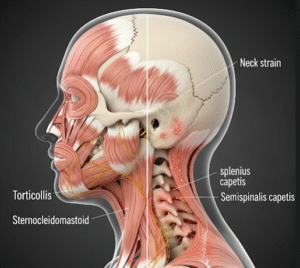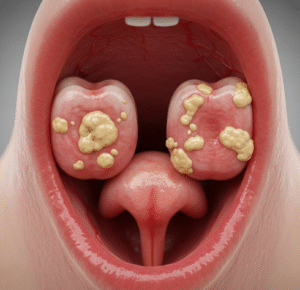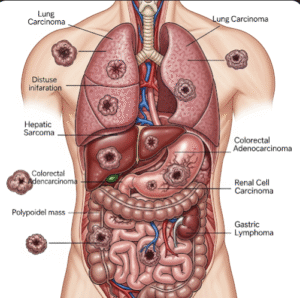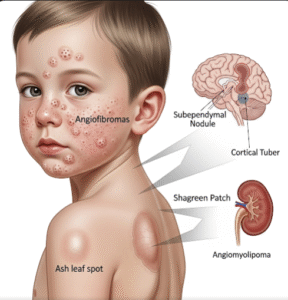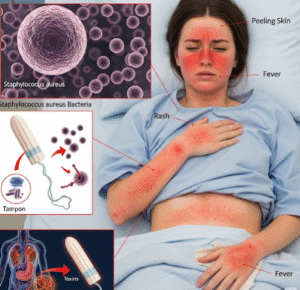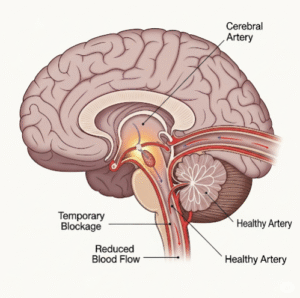Overview
Systemic Inflammatory Response Syndrome (SIRS) is a clinical condition characterized by a widespread inflammatory reaction in the body. It can be triggered by various insults such as infections, trauma, burns, or other severe illnesses. SIRS can lead to serious complications, including sepsis, organ failure, and death if not promptly recognized and managed.
What is Systemic Inflammatory Response Syndrome (SIRS)?
SIRS is the body’s exaggerated inflammatory response to a significant insult. It is diagnosed based on clinical criteria involving abnormal body temperature, heart rate, respiratory rate, and white blood cell count. SIRS itself is not an infection but often precedes or accompanies sepsis.
Symptoms
Patients with SIRS may exhibit:
- Fever (above 38°C) or hypothermia (below 36°C)
- Rapid heart rate (tachycardia) over 90 beats per minute
- Rapid breathing (tachypnea) with more than 20 breaths per minute or low arterial CO2
- Abnormal white blood cell count (high or low), or presence of immature white cells
- Possible confusion or altered mental status in severe cases
Causes
SIRS can result from multiple triggers, including:
- Severe infections (bacterial, viral, fungal) leading to sepsis
- Trauma or major surgery
- Burns or extensive tissue injury
- Pancreatitis
- Hemorrhagic shock or ischemia-reperfusion injury
- Other inflammatory conditions
Risk Factors
- Critical illness or severe trauma
- Compromised immune system
- Chronic diseases like diabetes, cancer, or kidney failure
- Advanced age or very young age
- Hospitalization, especially in intensive care units (ICUs)
Complications
- Progression to sepsis and septic shock
- Multi-organ dysfunction syndrome (MODS)
- Acute respiratory distress syndrome (ARDS)
- Blood clotting abnormalities (disseminated intravascular coagulation)
- Death if untreated or severe
Prevention
- Prompt treatment of infections and injuries
- Careful monitoring in ICU settings
- Early recognition of SIRS signs for immediate intervention
- Preventive measures in surgical and trauma patients
- Proper hygiene and infection control in healthcare settings
Treatment Options in Korea
South Korea offers state-of-the-art critical care for SIRS management in advanced hospitals with multidisciplinary teams.
- Diagnosis
- Clinical evaluation using established SIRS criteria
- Laboratory tests including complete blood count, blood cultures, inflammatory markers (CRP, procalcitonin)
- Imaging studies to identify infection sources
- Medical Management
- Treat underlying cause (e.g., antibiotics for infections, surgery for trauma)
- Supportive care including fluids, oxygen, and organ support
- Use of vasopressors for blood pressure support if needed
- Monitoring and managing complications such as respiratory failure or kidney injury
- Advanced Care
- Intensive care unit (ICU) admission for close monitoring
- Mechanical ventilation if respiratory distress occurs
- Renal replacement therapy (dialysis) for kidney failure
- Nutritional support and rehabilitation



